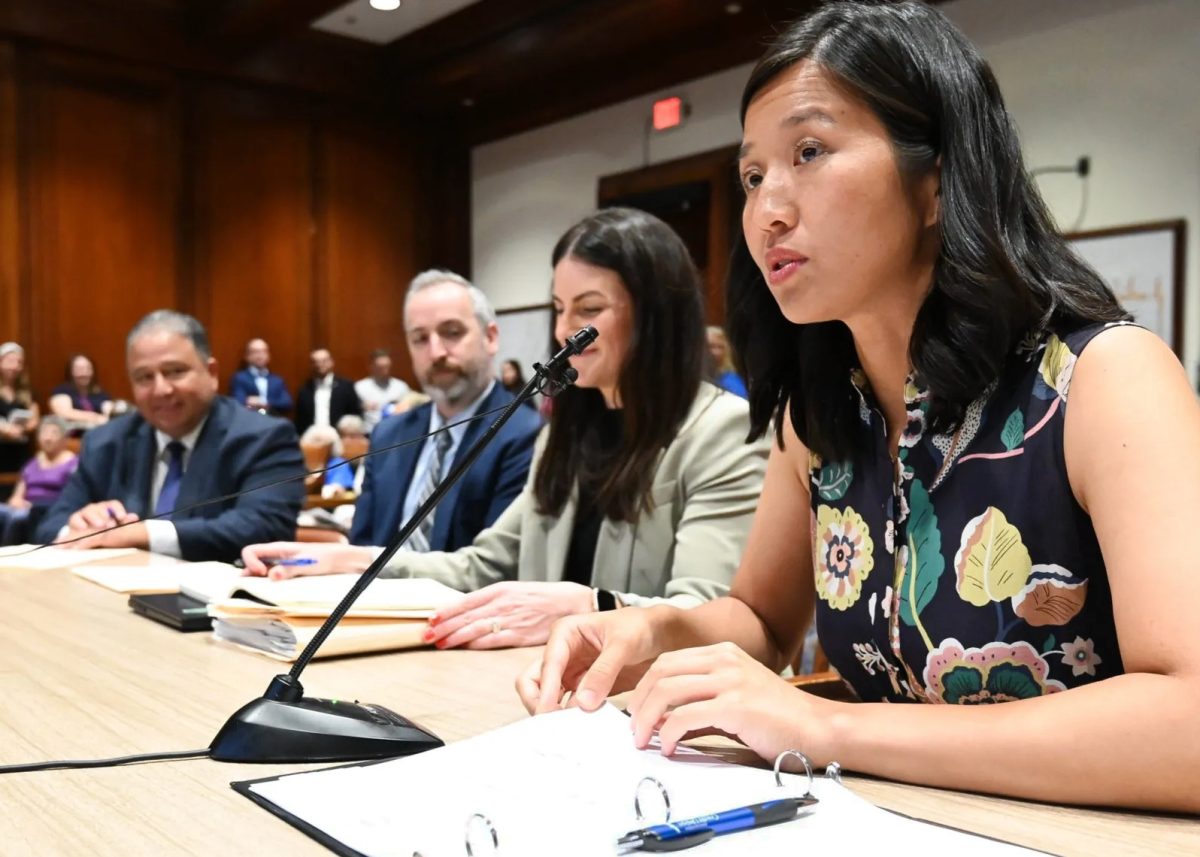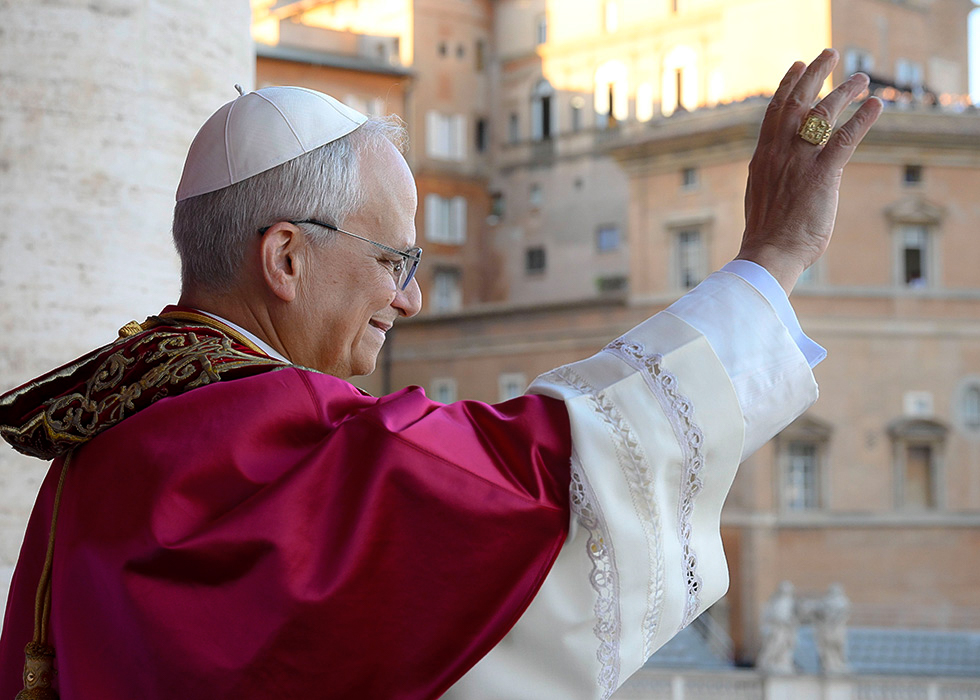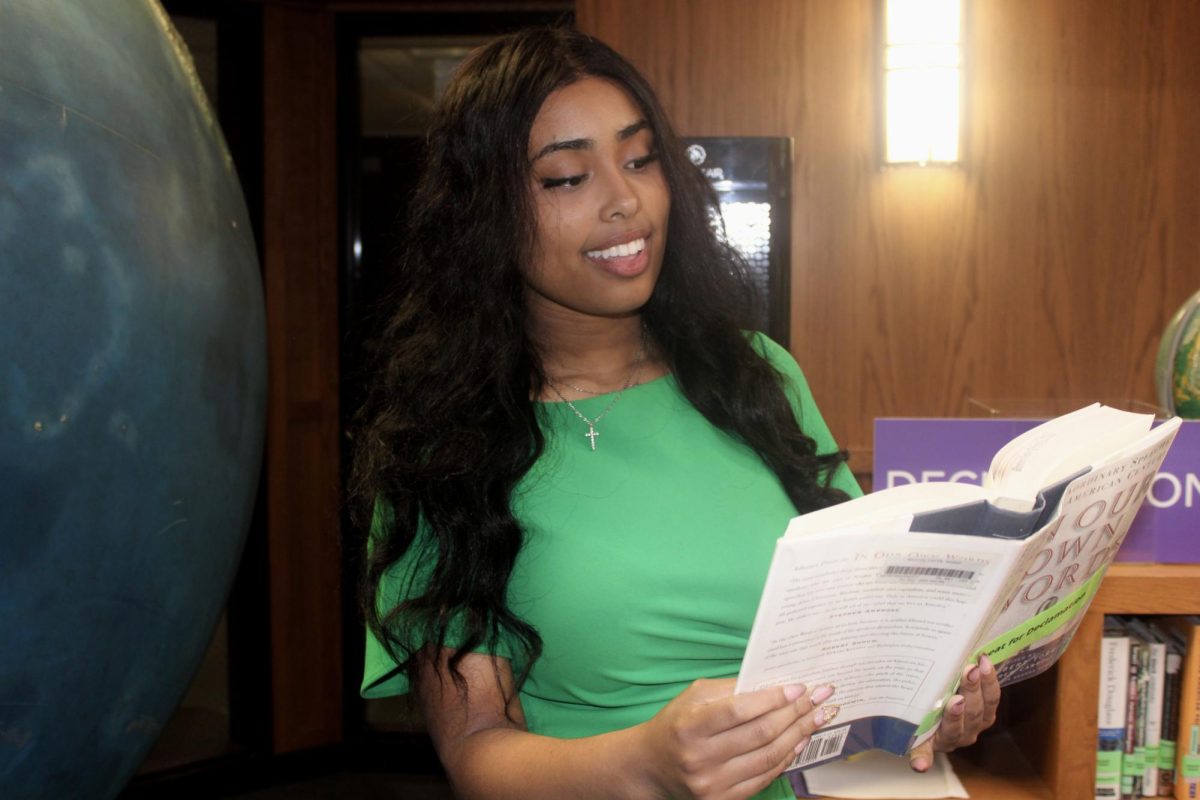Mayor Michelle Wu recently proposed a new property tax policy to protect residents from a sharp tax increase in the future. Developed with input from business groups, the plan balances a small tax increase spread over three years for businesses while maintaining stable property taxes.
In order to pass, the policy would have to be approved by the Boston City Council, both houses of the state legislature and Governor Maura Healey.
Massachusetts law allows cities to set different property tax rates for businesses and regular residents. The current upper limit for property taxes on businesses is 175 percent of the rate paid by residents, but according to the proposal, the upper limit for property taxes will increase to 181.5 percent in 2025. After that, the plan would decrease the rate to 180 percent in 2026 and 178 percent in 2027.
An additional 45 million dollars will be given to any small businesses pressured by this sudden tax increase. The personal property tax exemption will also be raised from 10,000 dollars to 30,000 dollars, which means that small businesses won’t have to pay taxes on the first 30,000 dollars worth of their equipment and items.
With all of these changes taken together, some think that this policy only punishes small businesses and could be accomplished through budget cuts. Small Property Owners Association Vice President Amir Shahsavari argues, “Mayor Wu’s plan is to turn to the commercial real estate [sector] to make up the difference in her overly bloated budget.”
According to the Boston Policy Institute, many offices that these businesses own will go down in value, due to the rise of hybrid and remote work caused by the pandemic and high interest rates. This decreases the amount of money that the city gets from taxing businesses, reducing an already tight budget. Before the proposed tax plan, the city faced an additional 14 percent tax hike on the average home-owning family to cover an estimated deficit of at least 1.2 billion dollars from 2025 to 2029.
BLS Volunteer Income Tax Assistance Club resident Rhys Crawford (I) shares, “The plan honestly feels more like a temporary fix than a long-term solution. While it helps avoid immediate budget cuts and shields homeowners, it doesn’t address Boston’s underlying reliance on property taxes or the declining value of commercial tax real estate.”
Mayor Wu originally wanted to increase the maximum tax rate to 200 percent for businesses, causing major concerns among business groups. After many weeks of compromises and debates, the Greater Boston Chamber of Commerce, Boston Municipal Research Bureau, Massachusetts Taxpayers Foundation and others finally reached a compromise with the city to support the legislation.
BLS history teacher Mr. Andy Zou is optimistic about the policy, “If we want to keep Boston more residential, we need to give Boston families economic opportunities to thrive. [Otherwise,] we end up with only pricey high-rises and corporate offices that don’t represent the complexity and diversity of this great city.”
Categories:
Mayor Wu’s Property Tax Plan
November 30, 2024
6







